How to take care of your baby during hot season?
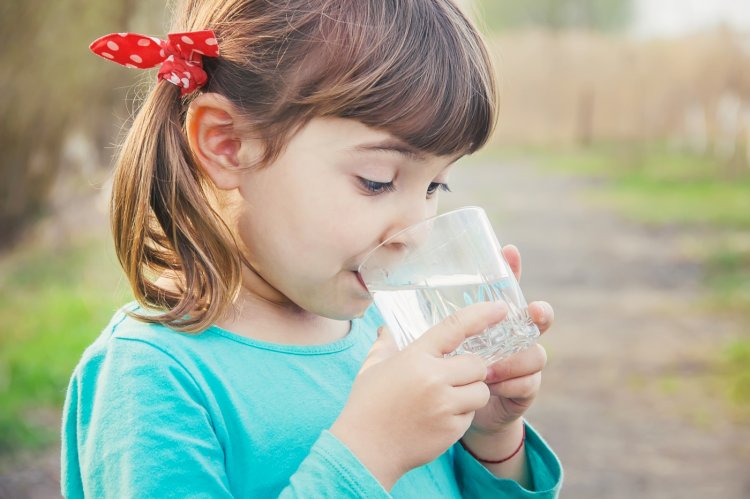
How to take care of your baby during hot season?
New moms have to be extra careful about their babies, especially if their baby is born in summers. Hence, learning about summer baby care tips is an important fact. Nowadays, you have several ways to take care of your baby during summers. You need to concentrate on your baby bath and clothing too.
As the skin of a baby is highly sensitive, they may end up getting several skin issues like rashes. It is important to know the right way to take care of your baby during hot season.
How often should you bathe your baby during summers?
It completely depends on your baby and their requirement. However, you should keep one thing in mind that the water shouldn’t be cold or too hot. You should always go for lukewarm water for a small baby to bath during summer. Put your elbow in the water to check the temperature. You can give bath once or twice a day daily during summers.
Should you use oil for baby massage?
Baby oil massages are very important for the growth and development of your child. It keeps your new-born skin hydrated and cool during hot season. However, make sure the oil suits the skin of your child and gets washed off easily. Bay oil massage is good for the joint circulation of your child. A good massage gives a deep soothing nap to your child.
Should you use talcum powder on your baby?
In reality, a lot of pediatricians suggest that talcum powder has a cooling effect and prevents skin infections, rashes to occur. Just drop some powder on your hand and rub it gently on your newborn. However, just make sure they do not inhale the powder.
Essential summer care tips for babies
1. Diet of the baby
If your baby is breastfeeding, then make sure you feed them timely to keep them hydrated. However, if they are grown up, then you should give them fruits and juices to cool down and build their immunity. If they have just started solids, then provide boiled food to them.
2. Hygienic water
If your baby is above 6 months of age or slightly below, then the immunity is really low and you should do all to keep them protected. Boil the water thoroughly to prevent any infection. Keep your baby cool in the hot season by giving them hygienic water.
3. Rashes
Rashes are quite common among babies during summers. Put some sandalwood powder in their bathing water and apply gentle talcum when dressing them up to keep them cool all day. Put loose clothes and switch diapers on time to avoid discomfort and rashes.
4. Dehydration
Dehydration can occur to small babies too. Sometimes their energy may mislead you, but it is important to keep a check on their urine output and look for the signs of dehydration like diarrhea, no wet diapers for 6 hours, drowsiness, dry lips, dizziness and no tears while crying.
5. Prevent them from mosquitoes
Bugs often move around babies, especially during hot season. Make use of bug spray to avoid all types of infection. Make sure the spray is organic and the baby doesn’t have any allergic reaction. Use air cooler to keep the flies and mosquitoes at bay.
6. Select the right clothes
Loose clothes offer more breathing space to your little one’s skin. It helps you avoid heat rashes and keep them cool. You should cover the head of your child if you are taking him/ her out with a cap. Dry their head with a moist towel if they get overheated.
7. Safety from common diseases
Your baby relies on you for his/ her immunity till 6 months. After this they are unprotected. Hence, you should do all it takes to strengthen their immunity system. Give them a healthy and supportive diet and make sure they are well-hydrated. Do not allow them to sweat too much. Offer them with immunity boosting supplements to keep them protected from common diseases and infections.
8. Safety from sunburn
The skin of a baby is highly delicate and subjected to easy sun burning. Thus, it is important to use baby friendly sunscreen lotion to protect them from harmful UV rays of the sun.

 Dr. Preeti Mittal
Dr. Preeti Mittal 



























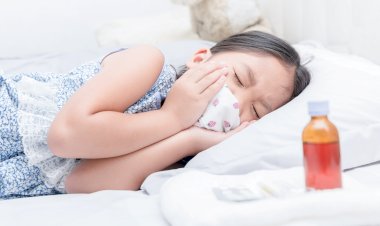

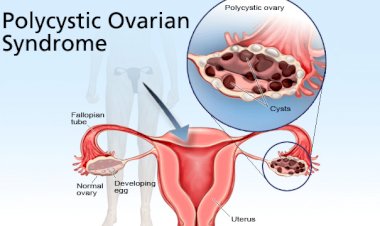

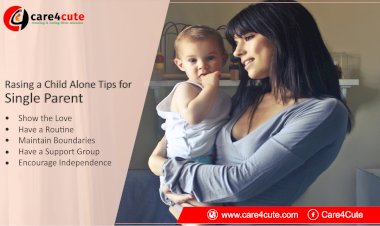

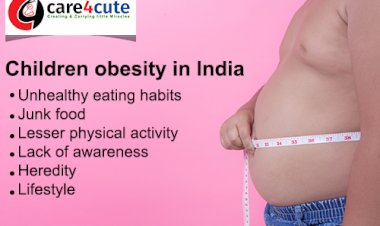
Comments (0)